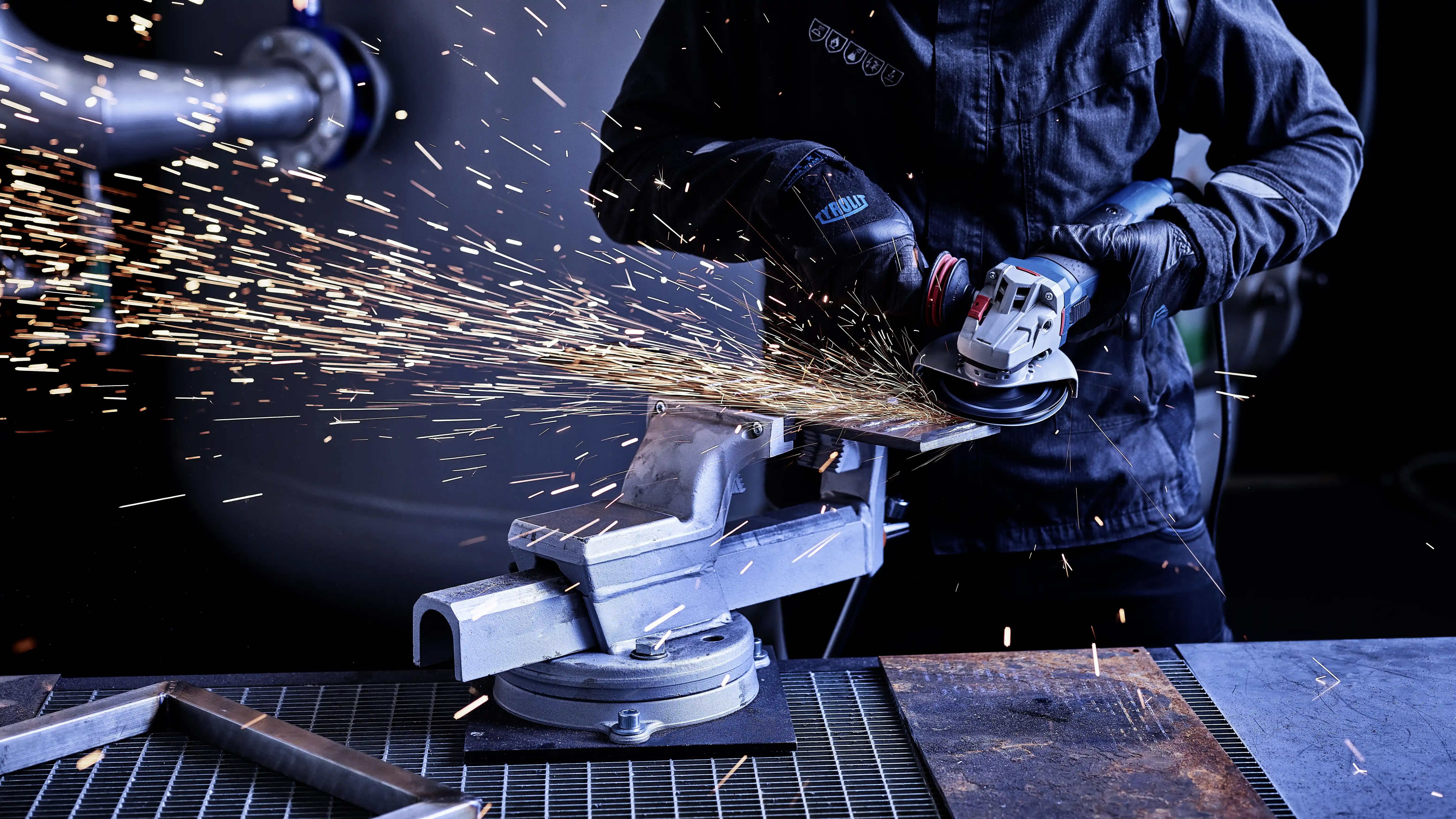While tungsten-carbide burrs are known for their hardness and durability, they present particular challenges when used for milling composite automotive parts. One of the primary issues is the rapid wear and tear of the burrs due to the abrasive nature of the composites. This not only increases the frequency of tool changes but also impacts the overall cost-effectiveness of the milling process. Additionally, the interaction between the tungsten-carbide burrs and the composite materials often generates significant heat, which can lead to thermal degradation of the automotive parts.
Moreover, maintaining the sharpness of the tungsten-carbide burrs is essential for achieving clean cuts and high-quality finishes. However, the mixed nature of composites, which may include fibers, resins, and other materials, complicates this task. The presence of hard fibers can dull the burrs quickly, while the softer resin components might cause clogging, further hindering the efficiency of the milling operation. To mitigate these challenges, manufacturers must consider the use of advanced coatings on the burrs and implement effective cooling techniques to extend tool life and maintain the integrity of the composite automotive parts.






